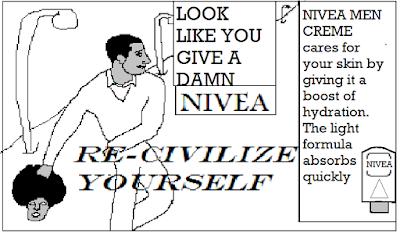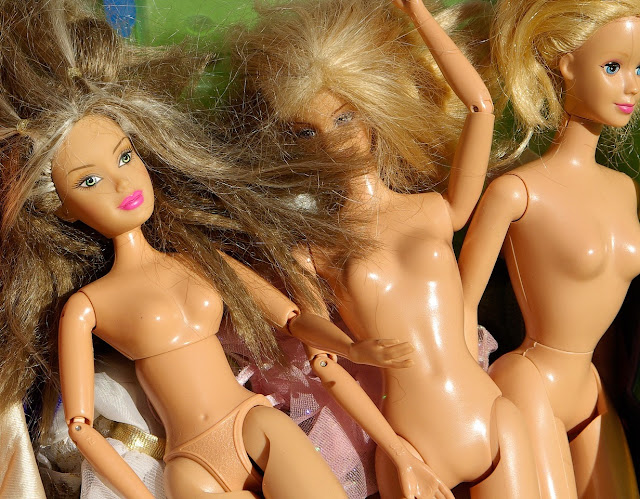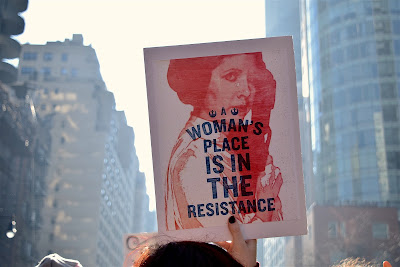Light except Lupita: The representation of Black women in magazines

I’m a body image researcher and unlike Edith Piaf I have a lot of regrets about it. In my last post, I outlined my regret for my field’s minimization of injustices that are simply more urgent than having body image concerns. I also regret my field when it treats now near universal body dissatisfaction as something caused by individual level factors i.e., because a person compares themselves too much to others, has the wrong kind of thinking patterns or their hormones are imbalanced. And I regret my field when it pronounces Black women immune to developing body image issues because of our racist ideas about Black culture and booty sizes (as noted by Bordo, 2003) . Previous research in the body image field has even eschewed the influence of media on body image. Specifically Christopher Ferguson concludes in the biggest meta-analysis of experimental research to date on the media’s impact on body dissatisfaction: “media effects are generally minimal and limited to those with pre-exi


